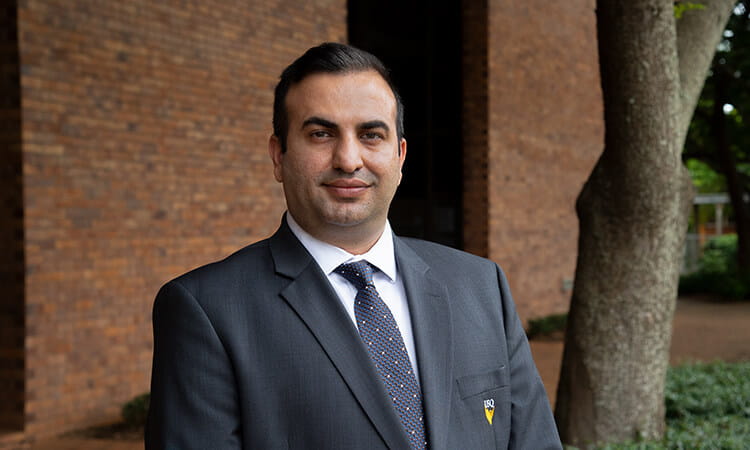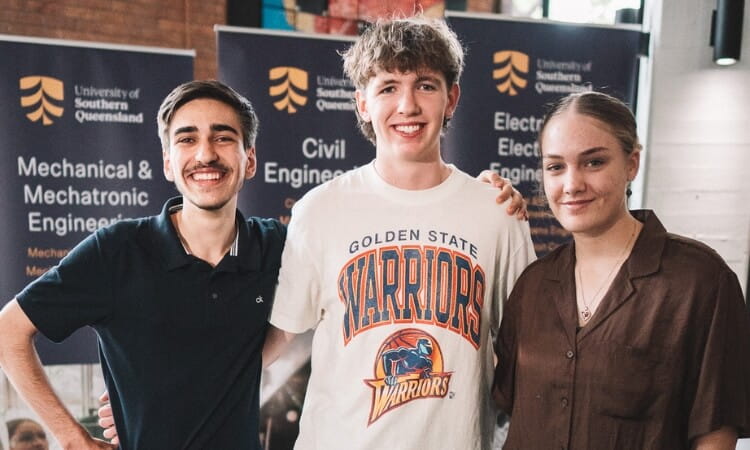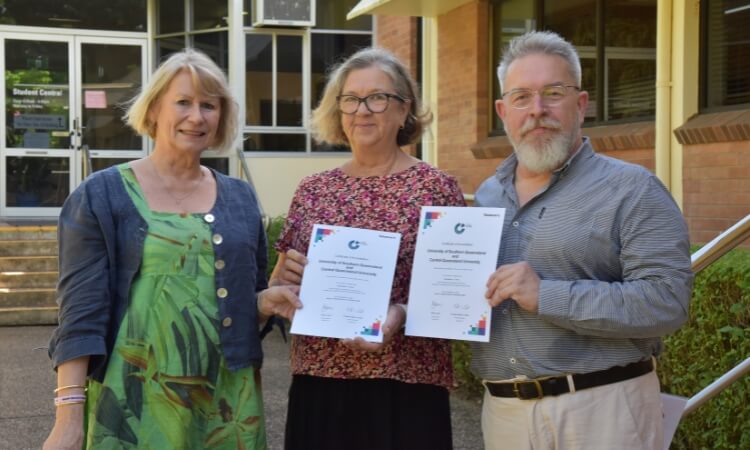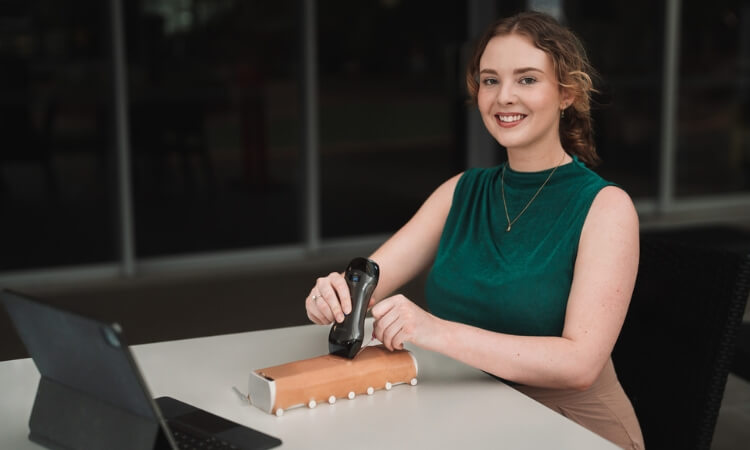How would you solve the nation’s complex national security problems if it was up to you?
University of Southern Queensland students will have a chance to apply their ideas to national security challenges through Common Mission Project’s (CMP) Hacking for National Security program, added to the University’s offerings from Semester 1 this year.
The move highlights the University’s commitment to future generations’ participation in global problem solving and increased collaboration between the Department of Defence and higher education.
The course was designed to connect fresh, innovative minds dedicated to solving big problems and getting them to face some of the toughest challenges in modern times.
CMP Australia Executive Director Jamie Watson said the steady growth of universities joining our platforms was a healthy indication of the country’s growing emphasis on partnership and sharing to solve hard problems.
“UniSQ’s commitment to this cause means that even more bright, energetic students will have the opportunity to thrive under the Department of Defence’s ‘D.Start Catalyst’ program,” he said.
CMP will provide the University with all the materials, collateral and support needed to run the world-class, mission-driven entrepreneurship course.
University of Southern Queensland employability coordinator Rouz Fard said it was an opportunity to inspire the next generation of thinkers and leaders.
“This is an exciting opportunity for us to unlock another area of potential for our highly capable students while also having a hands-on interest in our country’s wellbeing and future,” he said.
Common Mission’s work in Australia began in 2021 with a pilot ‘Hacking for National Security’ course, exploring challenges such as the need for military leaders to make sound command decisions in the face of previously unseen, ambiguous challenges.
Defence Science and Technology Group’s Dr Jennifer Palmer said modern challenges called for modern solutions.
“Watching this program grow and evolve in its quest to connect students with high-priority, emergent challenges on the national level has been an inspiring experience,” she said.
“We believe the next generation of problem solvers are best poised to meet the call for countrywide solutions.”
The Hacking4Defense model is part of a global movement established in the United States and the United Kingdom. Since its debut in 2016, the course has expanded to 50 universities in the US, seven in the UK and three in Australia.



